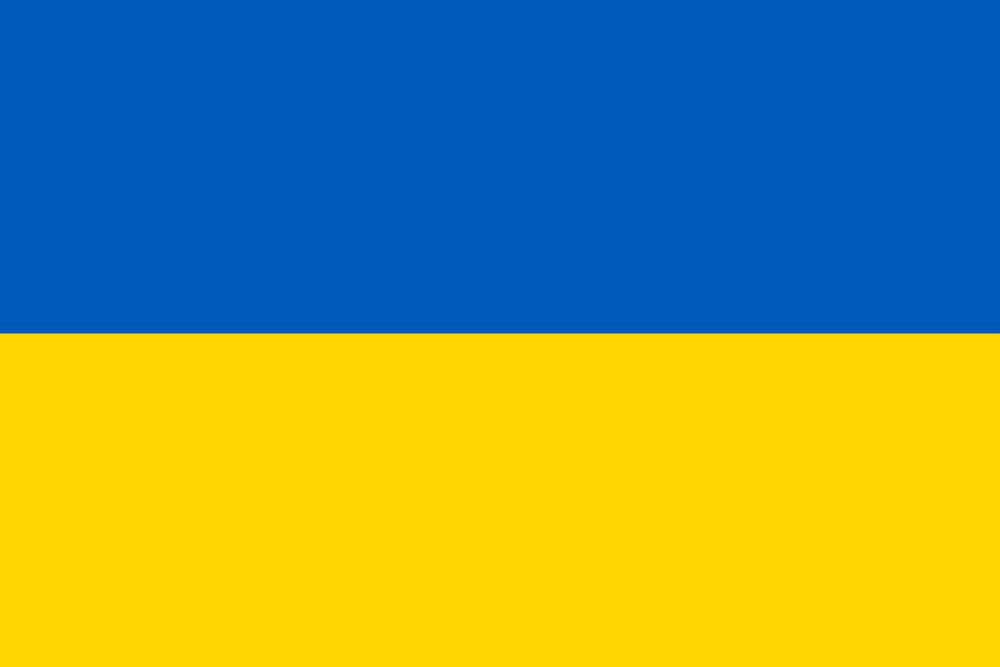Visa
Students and Graduates from non-EU states studying in Germany, may do one or several internship abroad during or after their studies.
You are also eligible to receive an ERASMUS-grant for your internship abroad. All students immatriculated at on of our seven partner universities in Saxony-Anhalt, including international full degree students,are eligible regardless of their nationality.
Still, as a non-EU student, you will have to pay attention to some regulations regarding visa, residence and work permit.
Regulations depend, among others, on
- kind of internship: obligatory vs. voluntary
- duration (up to 90 days, more than 6 months)
- your current visa status
- the country you intend to go to
- participation in EU-programme (ERASMUS)
In order to be on the safe side, please always contact the embassy of your target country well in time before going abroad. Some companies already want to be sure about your status when considering your application (f.e. United Kingdom).
Here you find a good overview about your visa, work permit and residence requirements.
All EU-member states apart from the United Kingdom, Ireland and Denmark agreed on the REST Directive (2018). You find an excerpt with the most important regulations of the REST directive here.
Please note that these are minimum standards of all EU-countries involved- concrete implementation still depends on each member country.
Netherlands:
No work permit is required for EU nationals. Do not apply via Netherlands Employees Insurance Agency (UWV) and make sure your host organisation does not intend to apply for that. Usually, a short-stay visa (VKV - entry and residence visa for a stay of less than 90 days) or a 'work placement' or 'job-seeking year' residence permit (IND) is required. This procedure can take up to 3 months!
Immigration Services in the Netherlands: https://ind.nl/en and NUFFIC (Dutch „DAAD“): https://www.studyinholland.nl
Austria:
You will need neither a work permit nor a confirmation of registration for activities carried out within EU education and research programmes, e.g. Erasmus+ (Studying & Working in Austria, p. 26, find the complete document here).
The following information has been provided to us by the Career Center of the Martin-Luther-University Halle-Wittenberg: Your employer must apply to the "Arbeitsmarktservice" in Austria. At the same time, you must apply to the Austrian Consulate General in Munich for a "Visa D". According to the Austrian Embassy in Berlin, this takes 2-3 weeks. You may then stay in Austria for a maximum of 180 days. If you want to stay longer than 180 days in Austria, you would have to apply for a residence permit in Mödling http://www.noel.gv.at/noe/Moedling/Zustaendigkeiten_BH_Moedling.html, +432236/9025-34440. This becomes easier with an Erasmus+ grant, but still takes 3-4 months.
UK:

